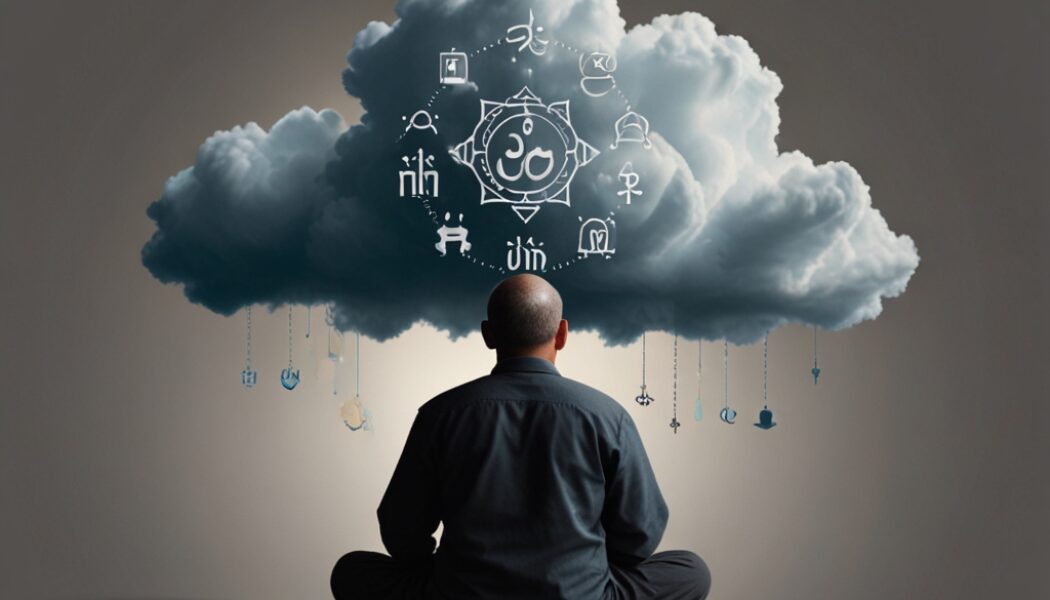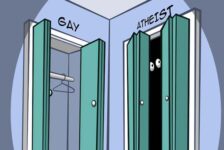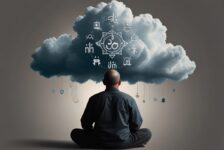From a very young age, I was taught to believe, not to question. I was told that everything I needed to know was already written, already defined—by God, by holy men, by tradition. As I grew up in a society where religion shaped identity, behavior, and even thought itself, I began to sense a quiet but persistent tension inside me. The stories I was told didn’t match the questions that burned within.
I now understand that religion is not a divine truth handed down from the heavens. It is a cultural creation—shaped, molded, and passed along by human hands. Every society, across time and geography, has invented its own gods, its own prophets, its own rules. And while the names and rituals vary, the structure remains the same: a need for order, for meaning, for control. What began as myth and metaphor slowly hardened into doctrine and law.
Humans are meaning-makers. When we don’t understand the world, we create stories to fill the gaps. Thunder becomes a god’s voice. Illness becomes divine punishment. A mysterious sky becomes the throne of an all-seeing deity. These stories comfort us, but they also bind us. Once a belief system takes root in a community, it stops being a story and starts being a system of control.
What I find most tragic is not that we created gods, but that we forgot we created them. We surrendered our ability to question. We handed over our freedom to think, to feel, to doubt. And in doing so, we became prisoners of our own imagination.
. . . and above all, to apply the same process to the process itself. That was the ultimate subtlety: consciously to induce unconsciousness, and then, once again, to become unconscious of the act of hypnosis you had just performed. ~ George Orwell, Nineteen Eighty-Four
I have lived this imprisonment firsthand. As someone who no longer believes, I’ve faced isolation, threats, and fear—simply for thinking differently. In my culture, leaving religion is not seen as a personal journey, but as a betrayal. To say “I don’t believe” is to challenge an entire system of identity and power. It is to risk your safety, your relationships, your future.
But even in the face of fear, I chose to be honest—with myself first, and then with the world. I began to write. I wrote down every question I had buried. I wrote about how gods reflect human fears, how rituals reflect human habits, and how morality can—and must—exist without divine command. These writings were not acts of rebellion, but of self-preservation. Writing gave me the strength to stay sane in a world that called me dangerous for daring to doubt.
In my notebook, I describe how each society builds its own sacred system and how those systems eventually become prisons. We build our gods, then our gods build our cages. The rules we created for stability become chains. The traditions meant to unite become tools of division. And worst of all, we pass those chains on to the next generation, calling it wisdom.
But there is hope. There is always hope. The same mind that built the myth can also dismantle it. The same heart that feared the unknown can learn to embrace it.
I believe in a future where questioning is not punished, but celebrated. Where morality is rooted in empathy, not obedience. Where freedom of thought is the first right, not the last.
We must recognize the idea of gods as a human tradition. Analyzing whether they are right or wrong only distracts us from what truly matters. Instead, we should turn inward—not toward worship, but toward reflection. Toward our own humanity. The real revolution begins when we question not the gods, but ourselves.
I don’t know where my path will lead. I still live in fear. But I also live in truth. And that, for now, is enough.
__________
AAI note: This blog comes to us from an ex-Muslim living in an Islamic country. To protect their safety, this article is published anonymously under the AAI name.






